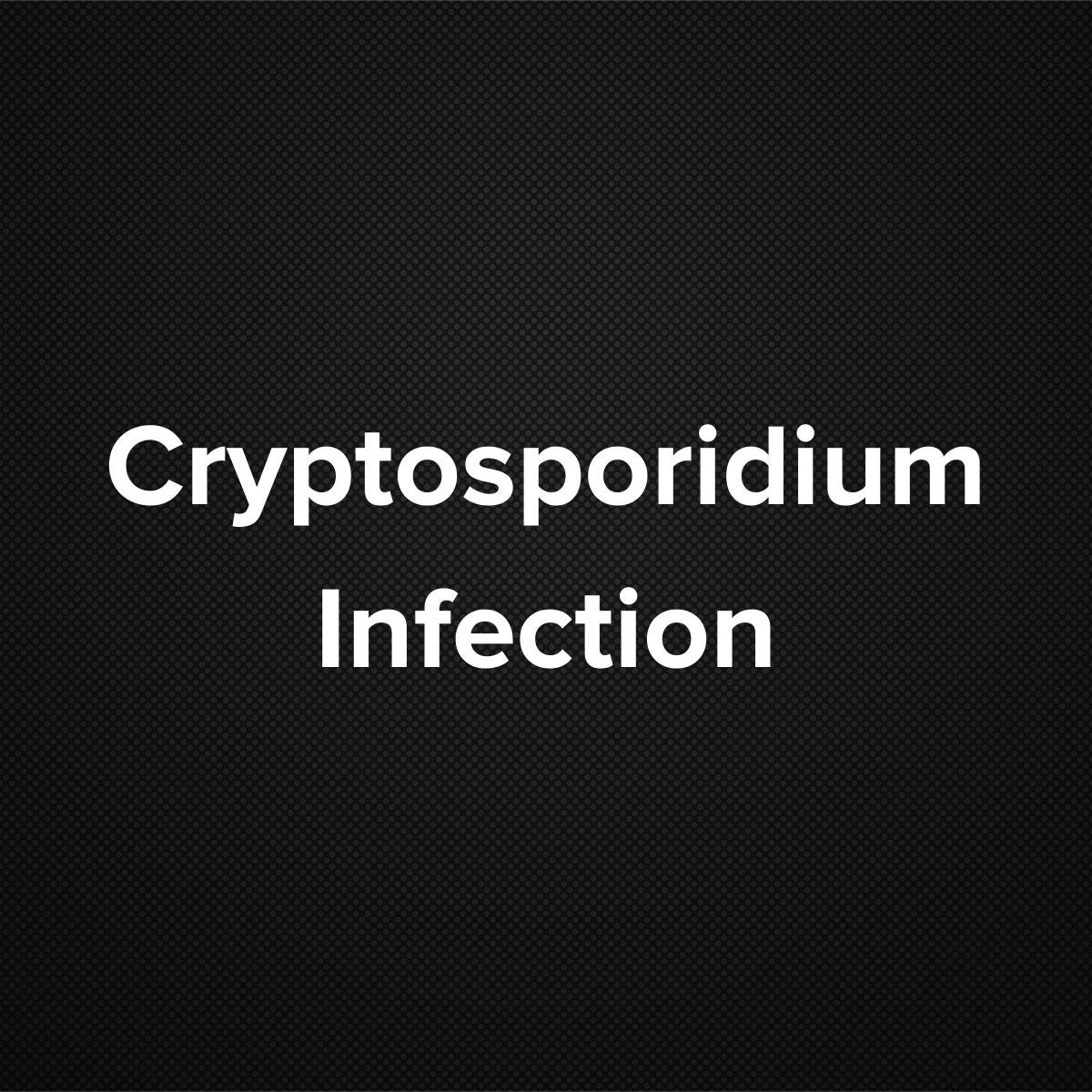Causes and risk factors
Cryptosporidium infection is caused by the microscopic parasite named cryptosporidium. It lives in the intestine of humans and animals and is passed into their faeces. One gets infected when the person comes in contact with contaminated faeces. The routes of infection include eating uncooked, uncovered food that contains cryptosporidium, drinking contaminated water that contains the parasites, swimming in contaminated water that contains cryptosporidium parasites. The people having unhygienic living conditions, those in close contact with infected people or animals, especially their stools develop the infection. People who are at risk of developing this infection are those with weakened immune system like chronically ill patients, HIV affected individuals are commonly affected. Parents of the infected children, child care workers, animal handlers, swimmers who accidently swallow water in pools, lakes and rivers, people who drink water from shallow, unprotected wells, people who engage in oral-to-anal sexual activity. Backpackers, hiker, international travellers, campers who consume contaminated water are also at high risk of developing this infection.
Clinical presentation
Patient presents with watery diarrhoea, nausea and vomiting with abdominal cramping. There is dehydration, lack of appetite, weight loss. Fever, malaise are accompanying symptoms. Sometimes patient may remain asymptomatic.
Investigation
Medical history by the patient and Clinical examination by the doctor helps in diagnosis. Routine blood tests, stool examination, stool culture is recommended to isolate the parasite. Antibody test for cryptosporidium is done. Liver function tests, Gallbladder function tests is advised. Imaging studies such as USG may be useful for further evaluation. Tissue biopsy of small intestine confirms the diagnosis.
Treatment
No treatment is required for asymptomatic patients. Treatment depends on the immune system. If one has weakened immune system, treatment is essential to improve your immunity and relieve the symptoms. Medicines such as anti parasitic drugs, anti motility drugs are prescribed. Supportive care such as fluid replacement therapy by intravenous saline infusion is given to correct dehydration. Maintain proper sanitation and hygiene and use of filtered water and boiled water will help in prevention of disease.
Other Modes of treatment
The other modes of treatment can also be effective in treating Cryptosporidium infection. Homoeopathy is a science which deals with individualization considers a person in a holistic way. This science can be helpful in combating the symptoms. Similarly the ayurvedic system of medicine which uses herbal medicines and synthetic derivates are also found to be effective in treating Cryptosporidium infection.






























